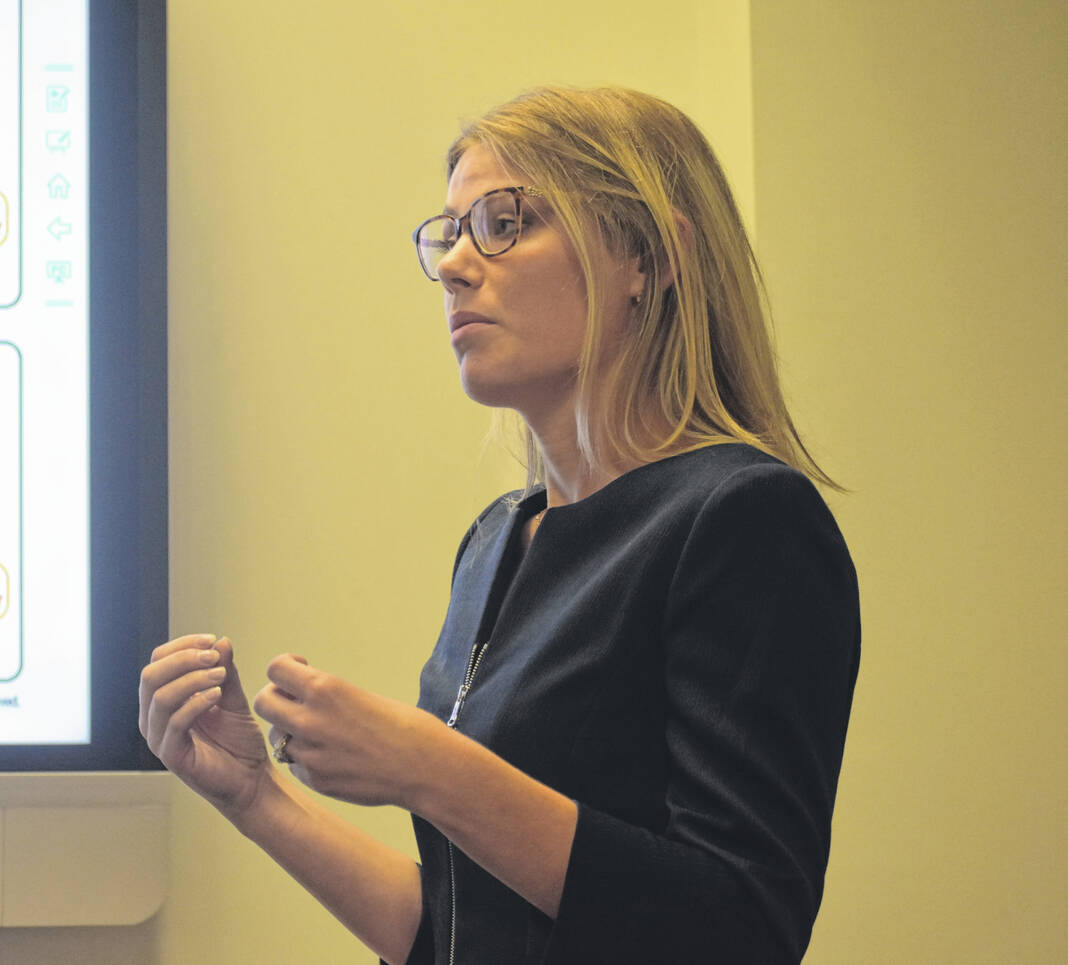

WILMINGTON — Officials are looking at a humane way to handle the city’s cat problem.
At Thursday’s Wilmington City Council meeting, Samantha Miller spoke about the TNRM (trap-neuter-return-monitor) process of dealing with “community cats” — a term in reference to both friendly and feral cats in the city without an owner.
Miller, Administrative Assistant for Wilmington Safety and Services, gave a presentation about the TNRM program and what that would entail.
The cats would be trapped, taken to a place where they could be neutered, returned to the wild, and monitored by volunteers.
The program would also see the cats be given a rabies vaccine and receive an “eartipping” indicating they’ve been neutered and fixed.
“They are beneficial. They’re part of our ecosystem,” said Miller. “By having cats in the community, you’re keeping other populations in line — skunks, mice, rats, moles, things of that nature.”
However, she advised that when there’s an overpopulation of cats, the community can experience “excessive nuisance behavior including spraying, fighting, yowling, and carrying of diseases.
She also broke down the reproductive rates of a female cat. According to her, a cat can get pregnant as early as five months old and can have two to three litters in years with an average of four kittens. This can produce 100 kittens in a cat’s reproductive lifespan.
The presentation indicated that spaying 10 cats could prevent a minimum of 80 kittens from being born that year.
“For years, catch-and-kill was the method used by municipalities across the country. It’s been proven in recent studies that catch-and-kill is really ineffective because it creates what’s called a vacuum effect,” she said.
A vacuum effect refers to when an animal population is removed, it can result in the same population arriving due to resources available for the cats to thrive, thus replacing the previously removed cats.
Meanwhile, with the TNRM project, it’ll maintain the established population with a gradual decrease over time, according to Miller. This will also reduce disease, deaths, shelter intakes, and euthanasia.
She indicated a potential partnership could be made with Fayette County Humane Society.
The proposed rates for a pilot program in 2023 would be $75 per cat (paid by the city to the veterinarian) with the capacity for up to 500 surgeries in 2023. Miller added there was potential for a decrease in rates with grant funding through the Joanie Bernard Foundation.
The council performed the first reading of a resolution supporting the project. The next reading is scheduled for the next council meeting in August.



